Racial bias: YouTube employees target Black YouTubers’ content
On the video streaming and sharing site YouTube, Black content creators take a stand to address the favoritism and racism on the platform. An ongoing issue within YouTube shows that numerous of their employees target Black creators. These creators receive strikes, restrictions and other drawbacks on certain content by YouTube moderators, while non-Black creators making the same content receive no repercussions. Although the video site tries to cover up its tracks and not address the issue, the blatant discrimination expressed through revenue cuts and account strikes depicts a different story.
October 27, 2022
Currently under fire from the content creators of the platforms, video sharing and streaming app YouTube faced backlash due to the lack of support toward Black video producers. Although YouTube’s site reveals itself as a welcoming platform for all people pursuing content creation, several YouTubers recently conveyed differing opinions. After popular YouTuber Cory “CoryxKenshin” Williams expressed his thoughts on the probable favoritism YouTube transmits on his channel, multiple other YouTubers opened up about their negative experiences with the company. A clear issue exists in this matter: Black content creators producing online video content receive random negatively targeted treatment from YouTube’s employees.
Racial bias, defined as an implicit bias specifically pertaining to racial stereotypes and presumptions, runs rampant online. On YouTube, content creators produce videos on their own schedule. Due to this flexibility, YouTube considers video makers self-employed. The site consists of moderation teams who ensure videos don’t break site rules that fit under the creator responsibility clause. Although these teams usually remain unbiased when moderating the site, a central issue remains concerning Black creators on the site.
Moderation on Youtube puts a target on Black YouTuber’s content. The interception of inappropriate content can result in age-restricted videos. Black creators consistently receive this offense, while non-Black creators do not. The pure racism in this act reaches further than casual viewers may understand; age-restricted videos usually become unmonetized, resulting in a lack of revenue and less exposure from YouTube’s algorithms. Due to this, Black creators secure less viewership, capital and exposure than other content creators.
In CoryxKenshin’s video “YouTube: Racism and Favoritism,” Willams addresses a situation in which his playthrough of “The Mortuary Assistant,” a game that deals with the topic of depression, resulted in an age restriction. After further investigation, he and his team found multiple other creators playing the same game without an offense of age restriction or demonetization.
“I sent the video [of non-Black YouTuber Markiplier playing the same video game] to my YouTube representative…What do you think happened after that? They removed my age restriction. They took it off after they already rejected my appeal. I sent them the clip of Markiplier’s video that has the same thing and they removed it. I expected them to triple down and give Markiplier an age restriction too but they looked at Mark’s video and they used that to verify my innocence [Markiplier’s video did not receive an age restriction offense],” Cory Willams said.
In response to Williams’ accusation, Markiplier decided to test the YouTube moderators by posting a game playthrough of the inappropriate video game, “Orc Massage.” Theory holding true, Markiplier’s video stays standing. Without any sort of ban or age restriction on inappropriate content, William’s theory about YouTube’s apparent racial bias remains nothing but truthful.
Kenshin’s experience with the moderators clearly shows the company’s disregard for the opinions of Black creators. YouTube only alleviated the age restriction after backlash, and still continued to give no repercussions to non-Black YouTubers that displayed the same content. YouTube continuously deciding not to justify any of their unjust excursions makes favoritism extremely hard to ignore. This spiteful act creates unwelcoming spaces for Black creators who come to the platform to share content and hopefully continue to gain attraction and revenue. Thousands of YouTube watchers will wait for a well-overdue statement regarding the issue, but the platform continues to ignore the videos and comments about the concern.
“I knew that YouTube was always harsh on its creators, especially after the whole demonetization thing. I automatically assumed they would be especially harsh on Black and POC creators as that’s how big companies are in general, but it was shocking and a bit concerning to see Cory speak out. He’s usually a really chill dude and the only times he gets serious is when something is really wrong,” junior Danielle Anderson said.
The company continues to shamelessly boost non-Black creators, ultimately leaving upcoming Black creators in the dust. The site lasts as one of the only persistent video-sharing platforms for revenue, making this circumstance excessively difficult to bypass when considering moving platforms. YouTube remains an unaccepting, racially biased and microaggressive platform Black content creators cannot avoid.
“He’s definitely right, YouTube has a habit of uplifting their White content creators and putting them on the For You page [the algorithm] and ignoring creators who are minorities. I feel like there needs to be more BIPOC [Black and Indigenous people of color] put on the YouTube team,” junior Kamora Carter said.




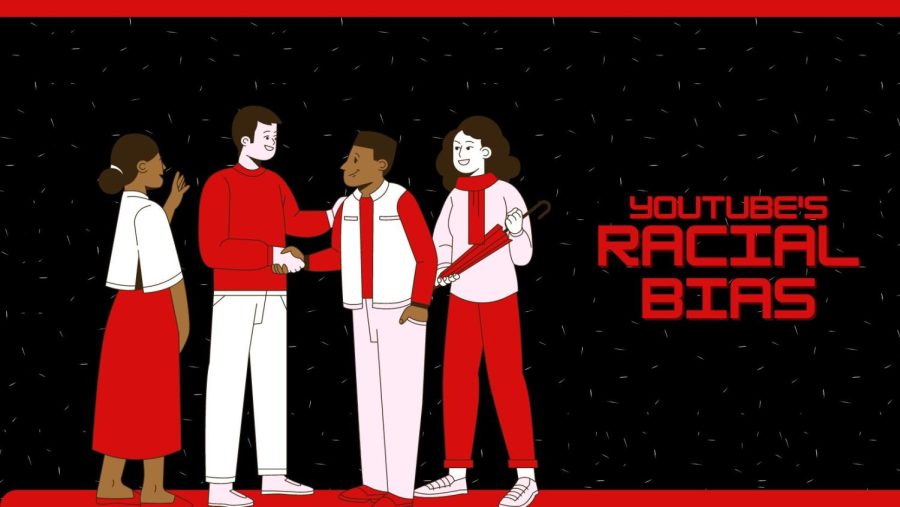
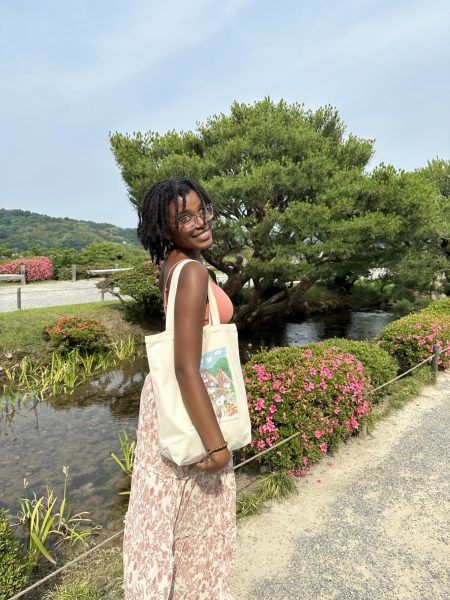


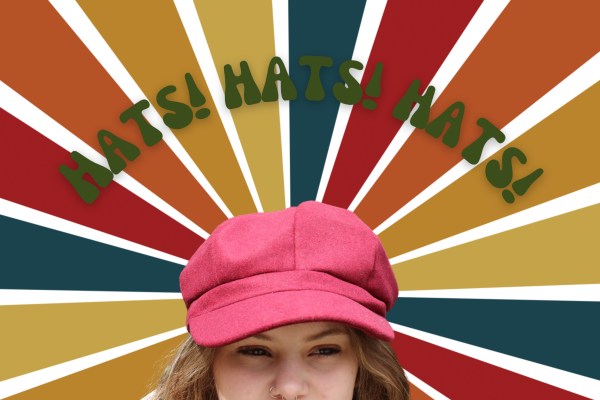

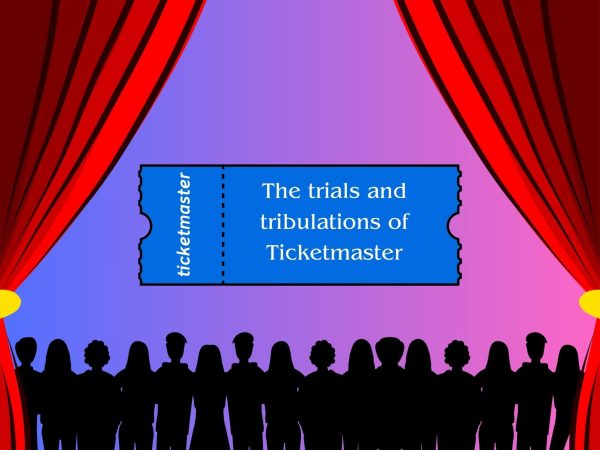
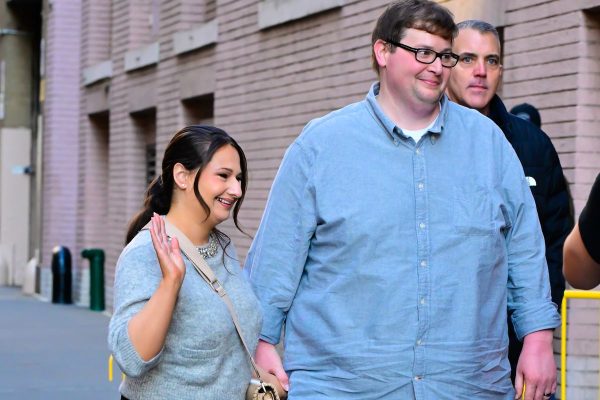
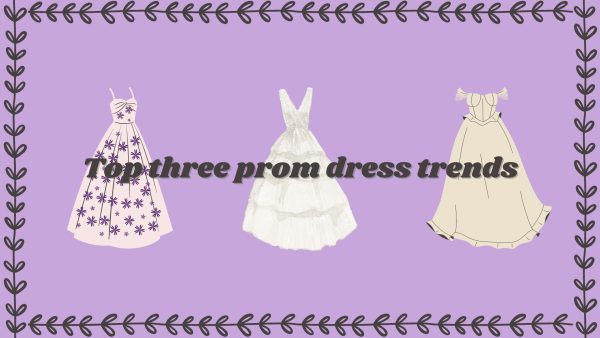
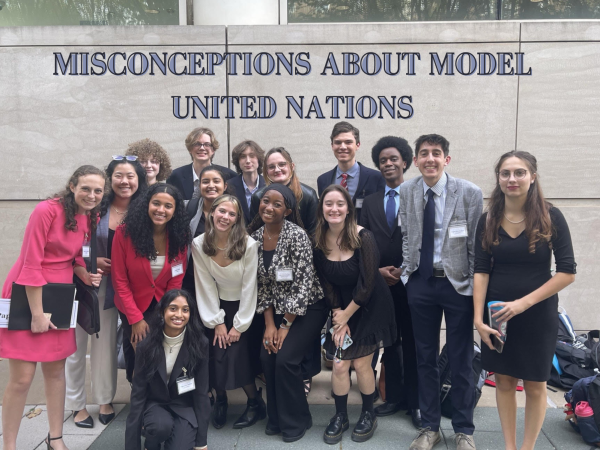
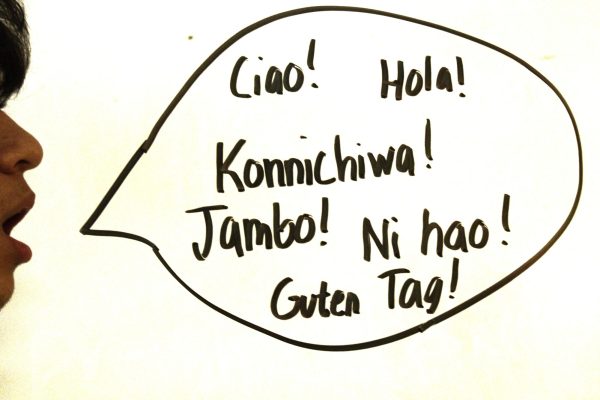
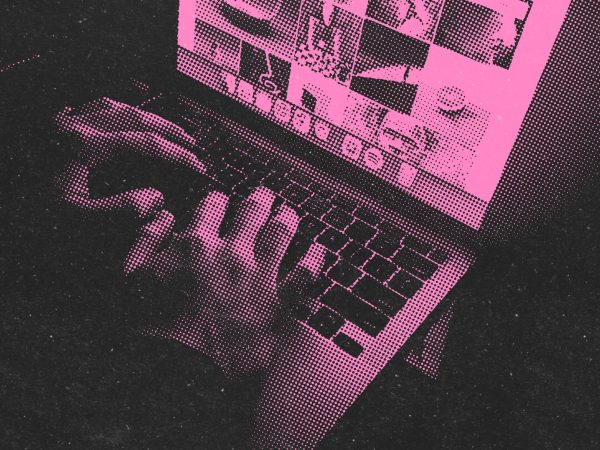
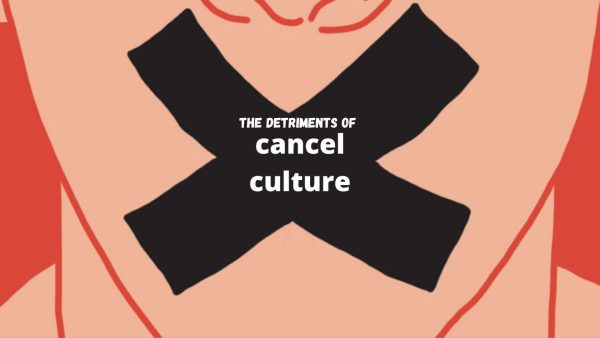

Jay • Oct 7, 2023 at 4:49 AM
this is definitely true.
I and many others I’ve spoken with have been dealing with the famous racist YouTube algorithm. Keeping us invisible but only according to their nasty narrative.
Talk to the creator of Reelblack tv sometime…
Boy do they have a story.